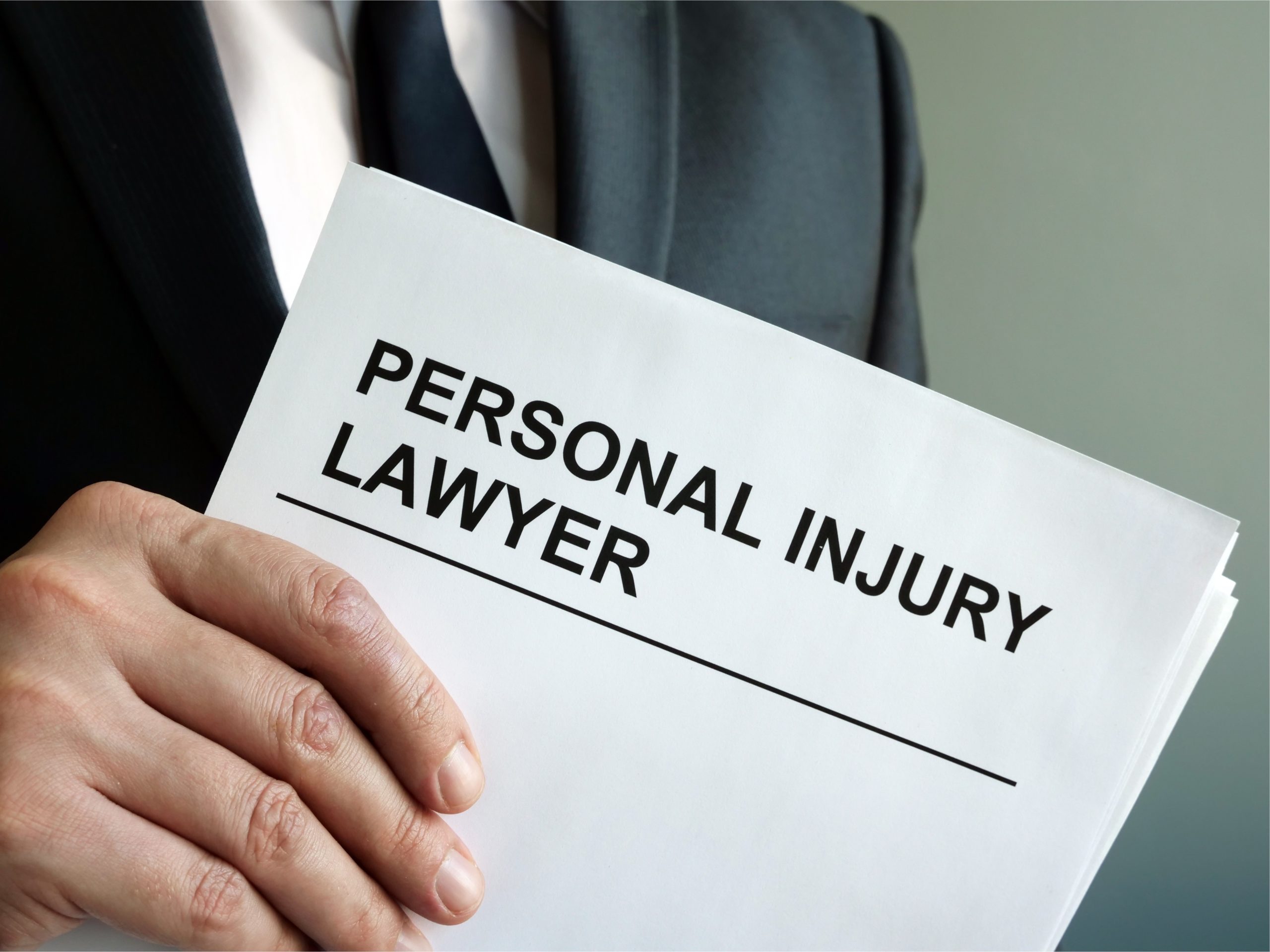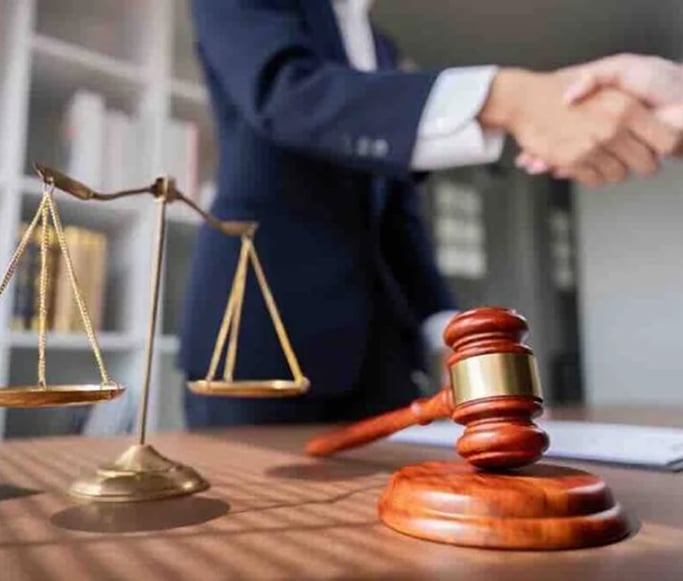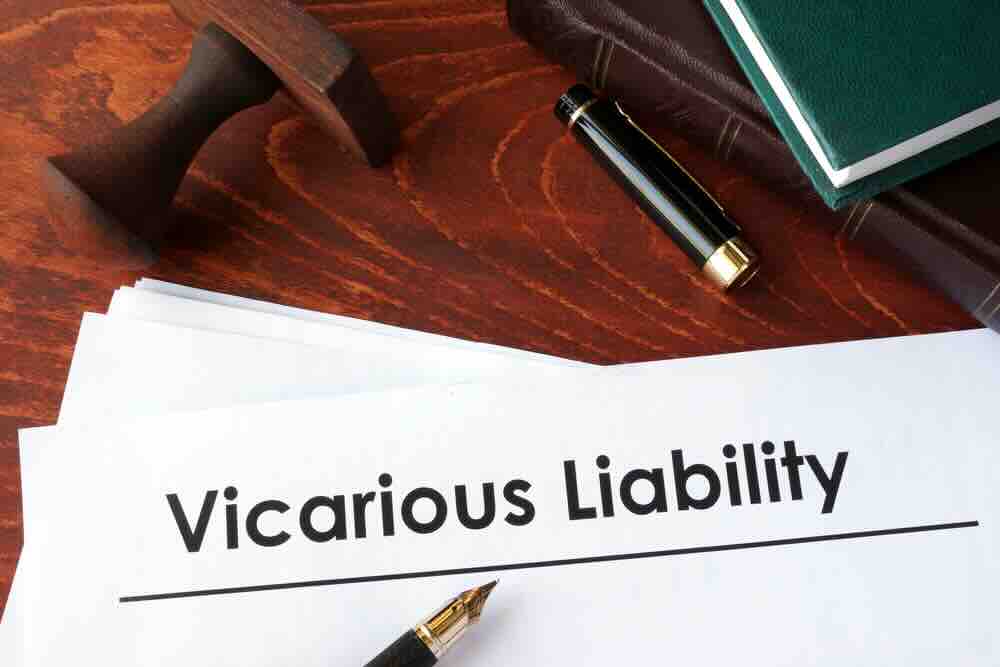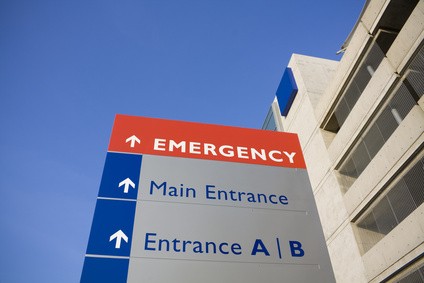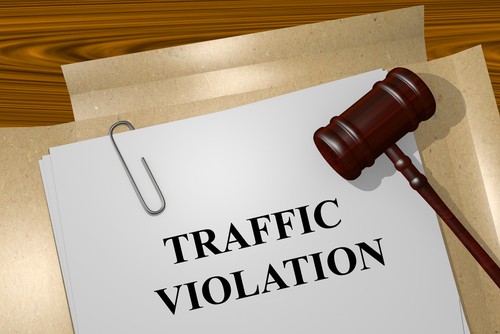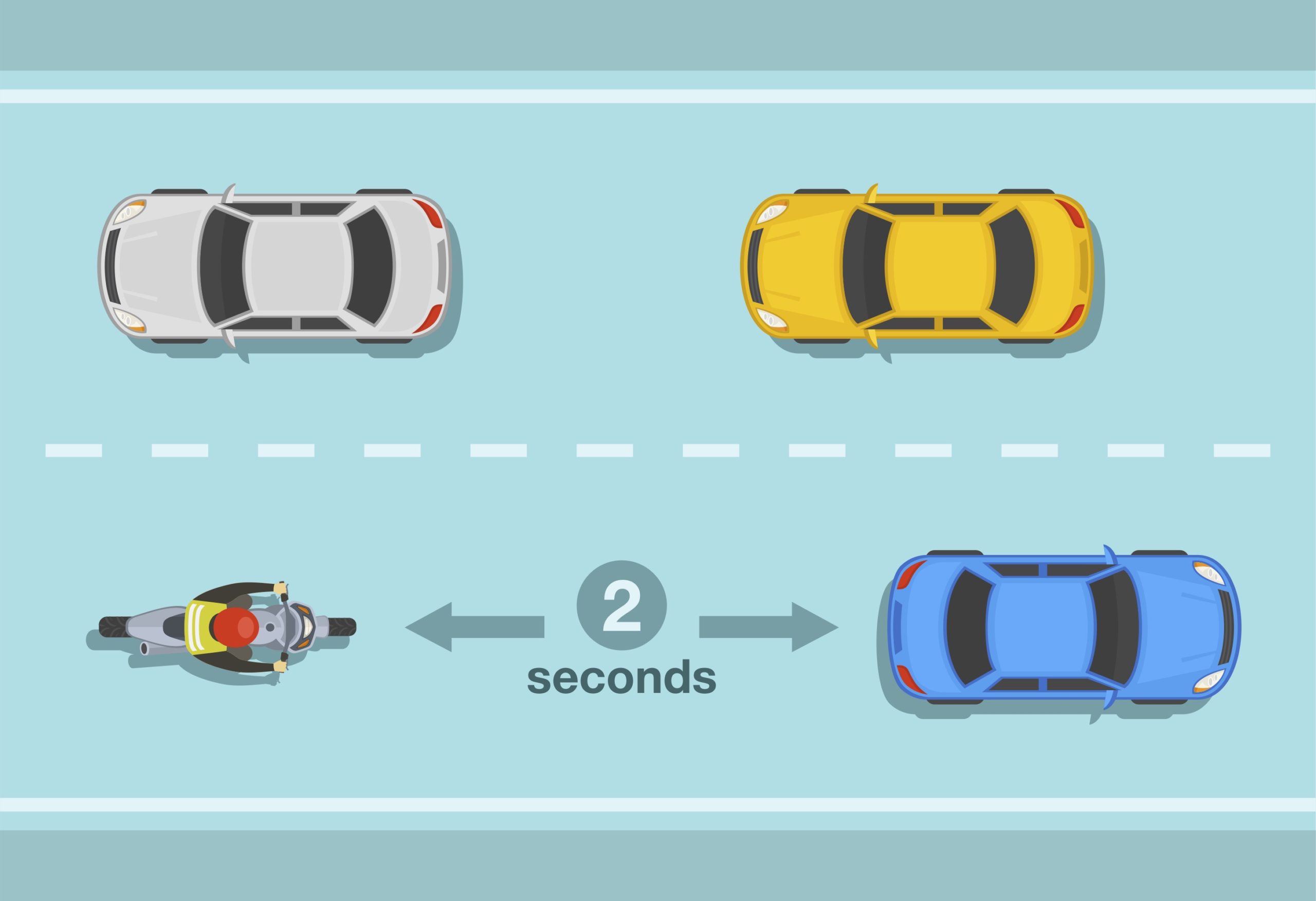Why a Personal Injury Lawyer Declines a Case?
People wonder why attorneys will not accept their accident cases. Here are 4 reasons a personal injury lawyer will not take your case. After someone has been injured, they may believe they have a case but cannot find an attorney to accept it.
Finding legal help is often tougher than one thinks. To help you understand why an attorney may decline a case, we list below some things that may explain why an attorney will not take the case.
Quick Summary
Personal injury attorneys evaluate cases based on specific criteria before accepting representation. Understanding why lawyers decline cases can help you assess your claim’s viability and save time finding the right legal representation.
The 4 main reasons personal injury lawyers reject cases:
- Liability Problems – The accident circumstances don’t clearly establish fault, or you may be more than 50% responsible under Texas comparative negligence laws
- Insufficient Damages – Minor injuries or low medical bills won’t justify the attorney’s time and case expenses on contingency fee arrangements
- Previous Attorney Issues – You’ve already consulted multiple lawyers or been dropped by another firm, signaling potential problems with the case or expectations
- Poor Economics – The case costs exceed potential recovery, the defendant lacks insurance/assets, or the time investment doesn’t match the expected fee
1. How the Accident Occurred
One of the first considerations for a personal injury attorney is how the accident occurred. To hold someone financially accountable, they must have breached a legal duty. Or, in layman’s terms, someone had to do something wrong that caused the injury. This is referred to as being “liable.”
Liability Issues
If an attorney does not feel they can hold a defendant legally responsible, they will decline your case.
It is not enough that the injury happened on-premises or that the injuries are severe. The law requires liability to pay damages.
An example would be that you were supposed to yield the right of way in a car accident, but the other driver impacted your vehicle. Who was at fault for an accident is a question the judge or jury must answer in Texas. Or, you were injured in a construction accident, and your employer bears responsibility but carries workers’ comp.
If the attorney feels the odds of winning the case are not great, they may pass on your case unless the damages are significant. If you pulled out onto the highway and were struck by a semi, failing to yield may place most of the blame on you.
To have a viable personal injury claim in Texas, the injured person’s lawyer must be able to prove that the other party was at fault. And that their client’s fault was less than 51%. This consideration is the first part of each contingent fee lawyer’s business decision.
Texas is a Comparative Negligence State
Comparative negligence means that your part in any accident is measured against everyone else. Texas law says you take nothing if a jury finds your fault to be fifty-one percent or more. If your fault is less than 51%, your damages are reduced by that percentage.
If you may have been partly at fault, an attorney may decline your case because the monetary award will be reduced or eliminated depending on the extent of your fault.
Governmental immunity in Texas is another reason why attorneys may not accept personal injury claims against school districts or governmental entities. Because the political leaders have chosen to give immunity to schools in some instances, most lawyers can’t help with an injury at a public school in Texas.
In short, a personal injury attorney will analyze whether legal responsibility can be established and gauge the likelihood of success. An accident lawyer will also judge the time required against the expected fee to see if taking the case makes economic sense for the law firm.
2. The Injury is Not Serious Enough
Attorneys always hear, “I could have been killed,” which is not an element of legal damages submitted to the jury in Texas. This means that what might have happened is not something that will bring damage to your case. The case will be declined if the damages do not justify the attorney’s time and expenses.
The more experienced and successful the attorney, the higher the estimated compensation threshold.
The Cost and Time Required Must Make Sense to the Attorney
Another saying that’s a red flag to an attorney is, “It’s a matter of principle.” Generally, that claim does not put butter on the bread for the contingent fee lawyer. In short, a personal injury lawyer will evaluate the case and estimate the damages. If the estimated money coming out of the case is not high enough, a pass on taking the case is likely.
Personal injury lawyers in Houston are seeking damages to determine the expected recovery for handling a case. Speculative damages, whether financial, injury, or matters of principle, do not help you obtain an attorney on a contingent fee basis. Hard damages do.
The Less Serious Your Injury, The Harder It Is to Get a Top Lawyer
In personal injury cases, how badly you are hurt is an important factor in a case (second only to liability). If your injuries are minor, an attorney may pass on your case because the expected monetary compensation will likewise be minimal.
The experienced attorney will always estimate the time required to handle the case. The case will be declined if the return from the contingency fee is less than the lawyer’s hourly rate.
The Attorney Must Estimate Their Expenses
The cost of developing the testimony to prove your injuries must be factored into the attorney’s analysis. In some cases, such as a defective product claim, expert witnesses are required and can be extremely expensive for the attorney. Those cases will require extensive injuries to justify the expenditure.
If the cost of the expected depositions and case requirements exceeds the expected return on the case and the risk factor, an attorney will likely not accept the case as a business decision.
3. You Have Talked to or Retained Other Lawyers
We believe it is essential for personal injury victims to select the right attorney for their case.
Choosing an attorney involves ensuring they have expertise in the accident’s subject area and are also a good personal fit.
Getting the best attorney for your case should be a priority for everyone. However, attorneys are wary of accident victims who shop around for lawyers. Finding a lawyer with car accident expertise is vital if you are injured in a car accident. Likewise, if you are involved in an accident with a commercial vehicle, consulting a truck accident lawyer is the best course of action.
Lawyer Shopping
Nevertheless, many cases are turned down because the potential client appears to be lawyer-shopping for a personal injury lawyer based on their feedback regarding the case’s value.
It is almost impossible for an attorney to provide a client with an accurate case value before knowing all the facts, including the insurance coverage. If an attorney feels you are simply looking for the most positive feedback on how great your case is, or worse, you are telling the lawyer how great your case is or how much it is worth, the odds of the attorney helping you are slim.
Victims should be cautious of attorneys who value a claim after the initial consultation. This is especially true with catastrophic injuries, as insurance policy limits can limit the compensation. Consulting with the best catastrophic injury lawyer near you is a good first step.
Unrealistic Expectations
An experienced Texas personal injury attorney knows that clients with unrealistic expectations are rarely satisfied.
If the law firm you are considering suspects that your expectations are unrealistic, they will likely decline to take on the case. If your assessment of the value of your claim is excessive or other expectations are out of line, smart lawyers will pass on the case.
The reasoning is that it is better to pick another client than do a great job for one only to disappoint that client.
You Hired a Lawyer Who Dropped You
Further, if you have been “released” or “dropped” from another law firm, the attorney will think twice about the case due to either liability or unreasonable expectations. Worse, if the other lawyer who withdrew had issues with you or the case, does a new lawyer want that headache?
If a reputable personal injury lawyer drops your case, that is a red flag to other lawyers.
If your case were unacceptable for one lawyer, a second one would think twice before accepting the case (particularly if you selected an experienced attorney the first time). That is not to say that you can’t find another attorney. But when a lawyer hears, “a personal injury lawyer dropped my case,” the claims will face extra scrutiny from a new lawyer.
If you fired your lawyer, you might have difficulty finding a new attorney for the reasons above, and the new attorney may also need to fight with your first attorney. Increasing the work to resolve the case while potentially reducing their share of the fee.
4. The Economic Reality of Pursuing the Case
Personal injury attorneys take cases on a contingency fee basis. Because contingent fees are paid only if you win, the lawyer must make a business judgment on each case they agree to handle. For example, if the lawyer believes the case will take 50 hours of handling, and their rate is $450 per hour, their portion of the recovered money must exceed $22,500 for this to be a break-even proposition. Even then, they have to assess the risk of the case when working on a contingency fee.
Add in the out-of-pocket expenses at risk and the risks of an adverse verdict, and their break-even number goes even higher. Some types of personal injury cases in Texas can take a considerable amount of time to resolve.
Business Judgment of the Lawyer on the Case
Factored into that business judgment is the amount of time the attorney expects to spend on the case, the cost out of pocket for the attorney to develop the case, and the expected fee.
The attorney must consider whether the time, effort, and money are “worth it” for the attorney to handle. The more experienced and successful the attorney, the higher that number becomes.
In perspective, defense attorneys are paid hourly for each minute they spend on a matter. The client must also pay all case expenses upfront, and the defense attorney receives payment whether they win or lose the case. Personal injury attorneys must consider the risks, costs, and estimated time required for the case, including the time of the attorney and their staff.
The Costs of Developing Your Case
When a law firm accepts a contingency fee case, it must consider its out-of-pocket costs to advance the case. This is money that the firm advances from its funds and may lose if it does not win the case.
Sometimes, the case expenses and the legal hoops they must navigate may deter even the most successful personal injury attorneys.
Examples would be a Texas medical malpractice claim and a product liability case. Due to the protections afforded to medical providers under the law, most Texas families struggle to find an experienced lawyer to represent them in a lawsuit against a medical provider or hospital. In product liability cases, because of the burden of proof requirements, damages must be substantial to justify the costs, expenses, and risks involved.
Huge Damages and Little Insurance
Another problematic situation is when the personal injury victim has substantial injuries and a large hospital lien for the treatment. Lack of sufficient funds to pay compensation is a common issue in many personal injury claims.
This can come into play when the available insurance to cover the damages is insufficient, and the hospital would receive the first money out of a case.
In short, attorneys handling contingency fee personal injury cases must be business-minded. They should accept or decline cases by weighing the time and money required to advance the case against the expected fee and the associated risks.
Possible Outcomes if the Defendant is Uninsured or Underinsured
If the defendant in your personal injury case is uninsured or underinsured, several outcomes could arise:
- Case Rejection by Attorneys: Lawyers often seek cases where the defendant has sufficient financial resources or insurance coverage. If your claim involves a defendant without adequate assets, an attorney might decide it’s not worth pursuing.
- Out-of-Pocket Compensation: You may need to look into your insurance policies, such as uninsured or underinsured motorist coverage, to cover medical expenses and damages.
- Difficulty Collecting Damages: Even if you win the case, collecting the awarded damages in Texas from an uninsured or underinsured defendant will be challenging. They may not have the means to pay, resulting in prolonged and frustrating collection efforts. For this reason alone, many top personal injury lawyers decline to take on cases.
Understanding these potential outcomes can help you better navigate your options and make informed decisions about proceeding with your claim.
Because PI Attorneys Work on a Contingency Fee Basis- Business Decisions Must Be Made
By taking a case on contingency, an attorney is betting their expertise and time, as well as paying the case expenses, in the hope of being adequately compensated. If the attorney feels it is not a good fit with the client or that they are unlikely to be reasonably paid for the effort and exposure, they are unlikely to accept the case.
Questions After a Lawyer Declines Your Case
Should I Get a Second Opinion if a Lawyer Turns Down My Personal Injury Case?
You can seek a second opinion if a lawyer declines to take your personal injury case. Consulting another attorney can offer you a fresh perspective on the merits of your case.
Why Seek a Second Opinion?
- Different Expertise: Every lawyer has a unique skill set and experience. Another attorney might specialize in a different aspect of personal injury law that could favor your situation.
- Varied Assessments: Lawyers evaluate cases based on multiple factors, including evidence, potential for success, and workload. A second lawyer might interpret these elements differently.
- Confidence and Peace of Mind: Getting more opinions ensures you’ve explored all options, giving you confidence in your chosen direction.
- The Lawyer who declined your case may have a full case load.
How to Go About Getting Another Opinion
- Compile Documentation: Gather all pertinent documents, including medical records, police reports, and correspondence with the first lawyer.
- Research Reputable Lawyers: Look for highly-rated personal injury attorneys. Services like Avvo, Martindale-Hubbell, and Super Lawyers can help you find top-rated professionals.
- Schedule Consultations: Many lawyers offer free initial consultations. Take this opportunity to gain another expert’s perspective without any financial commitment. Baumgartner Law Firm recommends that you narrow your initial explanation of what happened when talking to more attorneys.
Seeking other opinions is a smart move that can enhance your chances of a favorable outcome. Don’t hesitate to explore all avenues to find the support you need.
Why Consulting an Attorney Soon After an Injury is Crucial
Seeking legal advice promptly after an injury can significantly impact the outcome of your case. Here’s why:
- Preservation of Evidence: Critical evidence can quickly disappear or degrade. Witness memories fade, and physical evidence might be altered or lost. An attorney can act swiftly to gather and secure this information.
- Understanding Legal Rights: Navigating the legal landscape can be a complex and confusing process. An attorney will explain your rights and options, ensuring you make informed decisions.
- Timely Filing: Personal injury claims are subject to statutes of limitations, which vary by location. Missing these deadlines can forfeit your right to compensation entirely. Legal counsel will ensure your paperwork is filed correctly and on time.
- Dealing with Insurance Companies: Insurance adjusters often aim to minimize payouts. An experienced attorney understands insurers’ tactics and can negotiate on your behalf to secure a fair settlement.
- Avoiding Costly Mistakes: Early legal intervention can prevent mistakes that might compromise your case. From miscommunication with insurance companies to inadequate documentation of injuries, a lawyer’s guidance helps you avoid pitfalls.
In summary, consulting with an attorney soon after an injury helps preserve your rights, ensures timely action, and enhances your ability to secure fair compensation. It’s a proactive step towards protecting your interests in a challenging time.
What is the Statute of Limitations for Filing a Personal Injury Lawsuit?
Texas’s statute of limitations for filing a personal injury lawsuit is typically two years from the date of the accident. You have up to two years to take legal action after being injured. If you try to file a claim after this period, it is likely that an attorney will not take your case.
To ensure you don’t miss this critical deadline, it’s important to consult with a legal professional as soon as possible after your injury. This timeframe can fly by quickly, especially when dealing with medical treatments and recovery. Being proactive strengthens your case and ensures you adhere to legal timelines.
Call Our Personal Injury Law Firm in Houston for a Free Consultation!
Call Baumgartner Law Firm and talk with top personal injury lawyers for a no-obligation consultation about a Houston injury case with a personal injury attorney in Houston, TX.
Contact the Houston personal injury law firm of Baumgartner Law Firm at (281) 587-1111.
Baumgartner Law Firm
6711 Cypress Creek Pkwy
Houston, TX, 77069
Related Posts:
- Texas Commercial Truck Insurance Requirements for 18-Wheelers
- Reasons to Consider a Consultation Before Hiring an Injury Lawyer
- Reasons to Get a Lawyer After a Car Accident
- The 5 Best Reasons to Hire a Personal Injury Attorney
- Car Insurance Attorneys Near Me: Auto Insurance Claims Lawyer in Houston
Visit Our Houston Personal Injury Law Firm

